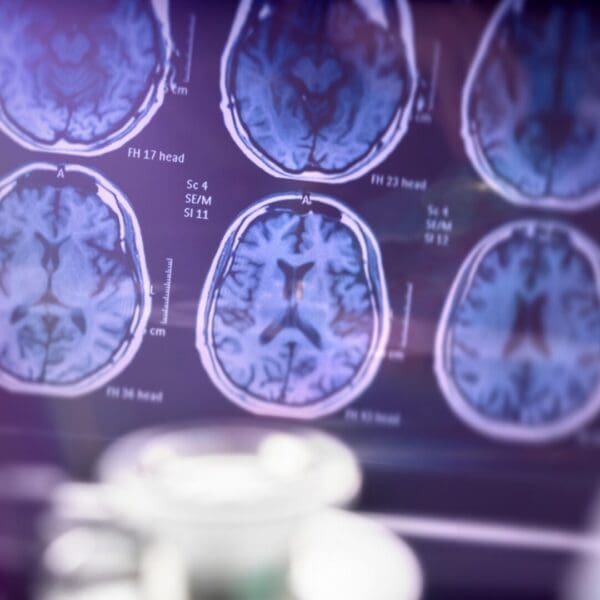A recent study investigated the effects of short-term exercise on brain health in older adults with prediabetes, a condition known to increase the risk of Alzheimer’s disease. The research involved 21 participants who completed continuous moderate exercise or interval training for two weeks. Both types of exercise successfully improved participants’ fitness levels, insulin sensitivity, and blood sugar control.
Tiny Messengers: How Scientists Tracked Brain Changes
The researchers used an innovative approach to monitor brain health. They focused on neuronal extracellular vesicles (nEVs) – tiny packages released by brain cells that travel in the bloodstream. These microscopic messengers carry important information about what’s happening in the brain without requiring invasive procedures.
What Changed After Exercise?
After the two-week exercise program, researchers observed significant changes in the proteins carried by these brain messengers:
- Levels of pro-BDNF (a protein important for brain cell health) decreased
- The response of Akt protein (which helps cells respond to insulin) increased when exposed to glucose
These molecular changes suggest that even brief periods of exercise can meaningfully impact brain health in people with prediabetes by improving how brain cells respond to insulin and influencing brain proteins–potentially reducing their risk of developing dementia.
Why This Matters for Brain Health & Medicine
This research has significant implications for how we approach brain health:
- It shows that exercise quickly creates positive changes in the brain, especially for those at risk for cognitive decline.
- Exercise could enhance other medical treatments aimed at improving brain function.
- Using nEVs as biomarkers offers a way to track brain health through a simple blood test.
- Opens possibilities for combining exercise with other treatments to maximize brain health benefits.
- Exercise appears to create brain conditions that might make other treatments more effective.
Personalized Brain Health Approaches
The study highlights the importance of considering individual factors, such as pre-diabetes status, when designing brain health programs. This personalized approach could lead to exercise recommendations tailored to each person’s specific needs and health conditions.
Looking Forward: From Exercise to New Therapies
As scientists learn more about how exercise changes these brain messengers, they may develop targeted treatments that produce similar benefits. These could include approaches that deliver specific proteins to the brain or stimulate their production within brain cells. Remember, as the saying goes: “A sound body leads to a sound mind.”
-Dr. P
















